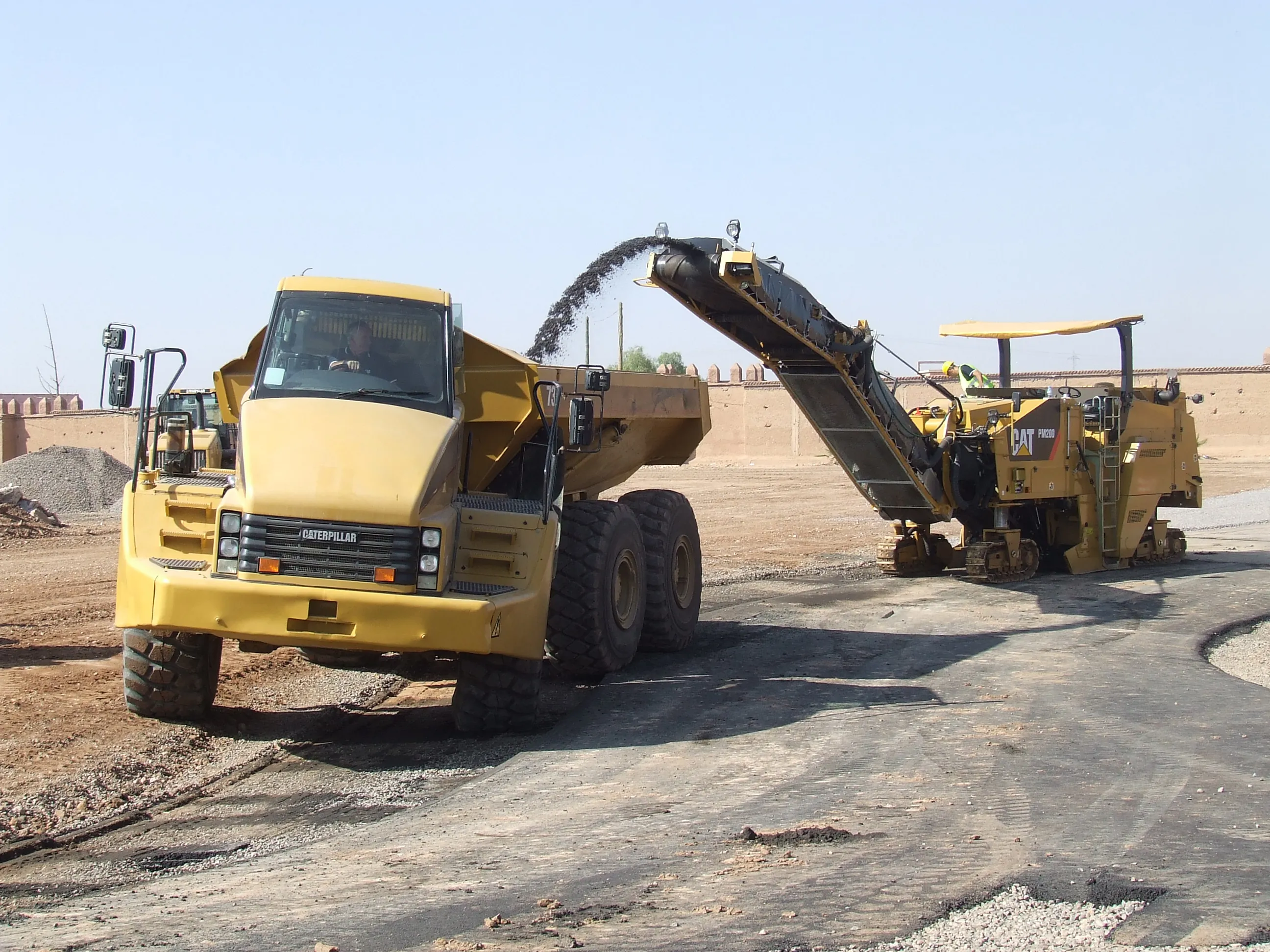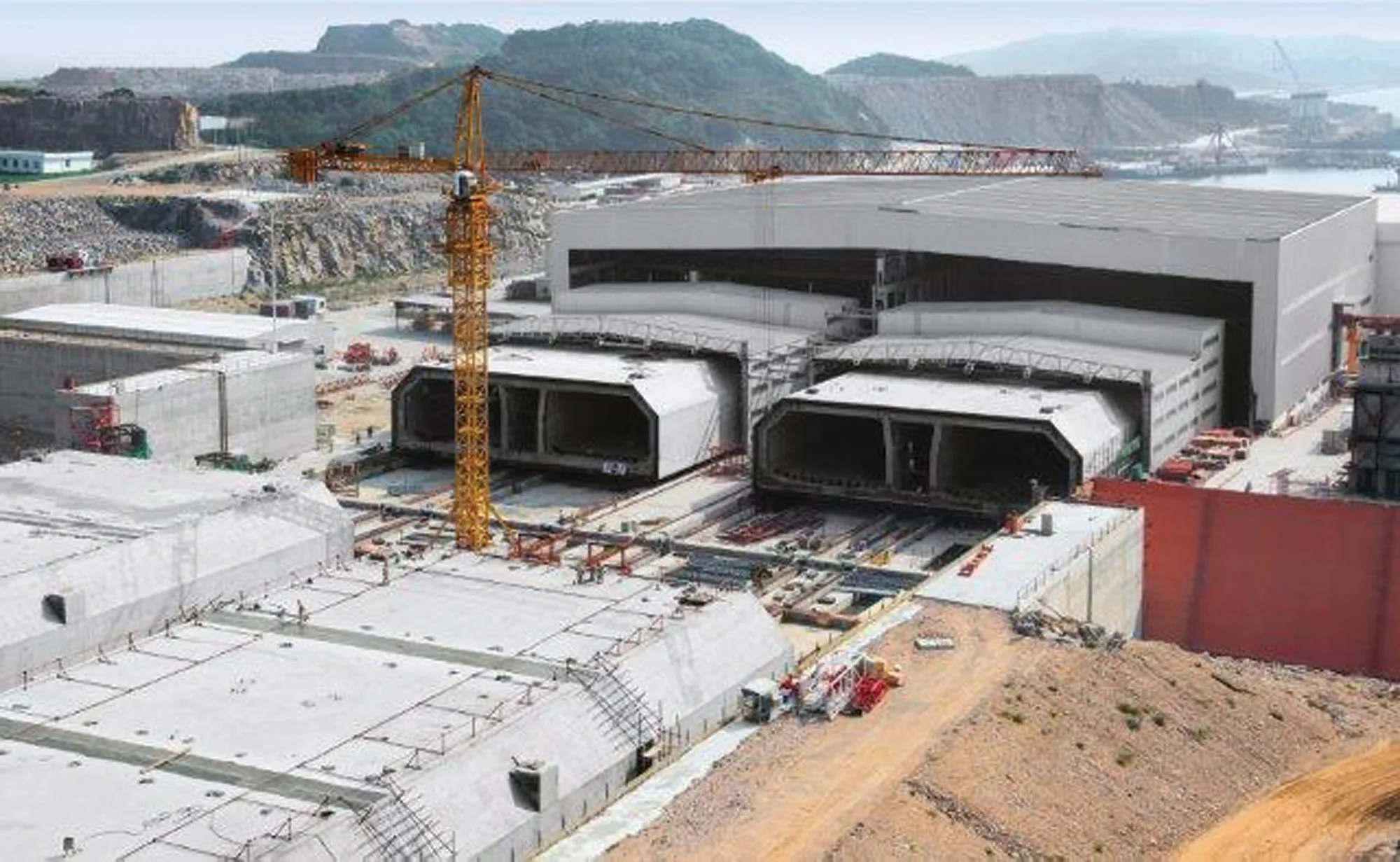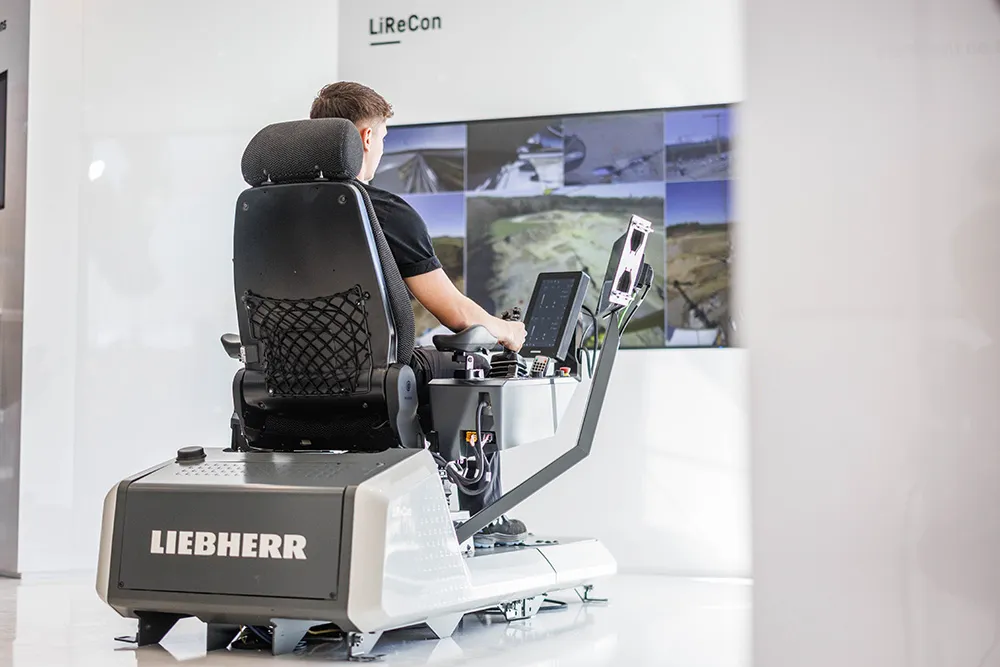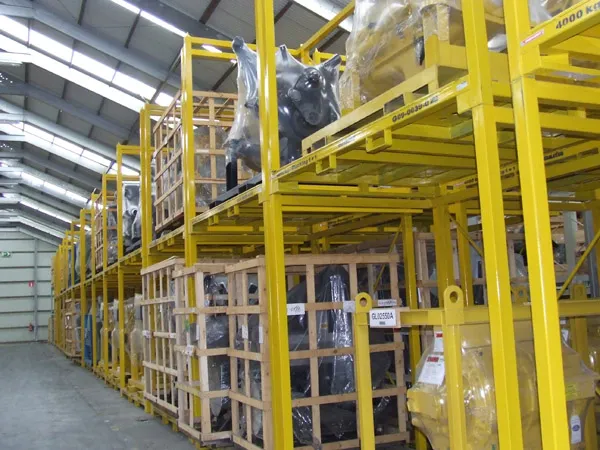XCMG has staged a foundation laying ceremony to mark the start of work on the Chinese construction machine manufacturing giant’s first European HQ. Based in Krefeld, Germany, XCMG Europe’s state-of-the-art €36million plus home is set to be completed and operational by July 2013. Meanwhile, the ambitious firm has completed a stockholding rights transfer which gives it a controlling 52% stake in renowned German concrete machinery firm Schwing.
July 11, 2012
Read time: 2 mins
Based in Krefeld, Germany, XCMG Europe’s state-of-the-art €36million plus site is set to be completed and operational by July 2013.
Meanwhile, the ambitious firm has completed a stockholding rights transfer which gives it a controlling 52% stake in renowned German concrete machinery firm
XCMG has also staged another ceremony to mark the start of production at four new construction machine manufacturing sites in Xuzhou, China.
The new European R&D facility will see XCMG staff working closely with hydraulic valve and system experts from German company FT and AMCA Holland. Both firms were acquired by XCMG in 2011.
Speaking at the foundation laying ceremony in Krefeld Wang Min, president of XCMG, said: “The European strategy is of great significance in terms of the overall objectives and strategy of XCMG. Germany and Europe are home to abundant technological resources and represent state-of-the –art research and development and manufacturing. In the future XCMG will develop more projects in Europe, carrying out system integration and construction of leading technology projects to facilitate XCMG becoming a world-class enterprise.”
The four new Xuzhou manufacturing sites, which cost more than €154.5million (RMB 1.2bn) to develop, will produce all-terrain cranes, wheeled loaders, and concrete pumping and mixing machinery. XCMG say the plants are forecast to generate new production value of €5.15billion (RMB 40billion) a year.
XCMG says it is the leader of wheeled loader machine technology in China.
On the opening of the new Xuzhou facilities, Wang Min said: “XCMG’s four manufacturing bases are the fruits of XCMG’s accumulation of industrial knowledge and experience for several decades.”









